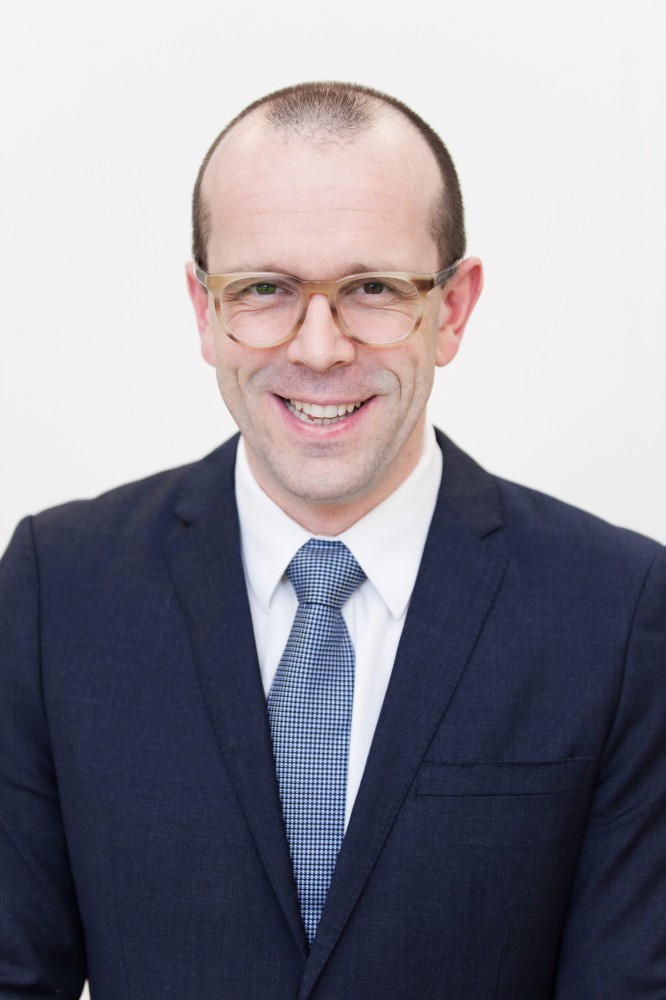Dr Chris Gale is a FLIER Programme participant, a Reader in Neonatal Medicine at Imperial College London and a consultant neonatologist at Chelsea and Westminster Hospital. He works on using routine clinical data to help preterm babies get the best start in life.
As a paediatrician specialising in neonatal care my clinical work focuses on looking after sick or preterm babies. In neonatology, like many specialities I expect, if we’re really honest with ourselves, there are lots of questions that we don’t know the answers to – largely because we haven’t done the research. This uncertainty cuts right across neonatal care, from how best to ventilate a baby to how we should manage a sick baby’s blood pressure.
My research focuses on improving the evidence that underpins neonatal care. This involves using national data – data that doctors and nurses already routinely record when looking after babies – to improve care. We use these data both for large trials where we compare different treatments, and for other types of research where a trial wouldn’t be practical.
I applied for the FLIER Programme for several reasons. Key amongst these was recognising the importance of management and leadership in determining how effective you are in medicine and research, and most other walks of life. As a medical academic you can’t achieve everything on your own, no matter how brilliant and focused you are. You have to be able to lead people, and to effectively advocate for what you think is important. And like everything in life, some of these skills you’re born with, and some you can develop and improve.
There are several leadership programmes relevant to clinical academics, but I was particularly interested in FLIER. In part this is because the Academy of Medical Sciences is a visionary and strategic organisation who are highly supportive of clinical academics, but also because the FLIER Programme focuses on innovation and developing links between the NHS, academia and industry. This is reflected in the participants of the FLIER Programme who hail from charity, industry, and start-ups, as well as from academia.
At the moment, I’m running a trial looking at how best to feed premature babies when they need blood transfusions. Most very premature babies will need a blood transfusion while they’re on the neonatal unit, and some will need several. We don’t really know whether we should feed premature babies when they have a blood transfusion. Some small studies suggest that blood transfusions and feeding might damage the gut so we should pause feeds around blood transfusions. Other data suggest that we shouldn’t interrupt feeding.
To answer this question we need a trial bigger than has ever been managed before in premature babies. I’m trying to show that we can do this by using data that are already collected by doctors and nurses around the country, so minimising the burdensome and expensive processes that characterise many randomised trials.
I’m also interested in using the large-scale neonatal data available for research in the UK to improve care using other research approaches. As a clinician I am certainly not an expert in statistical modelling or machine learning. We clinicians can provide the clinical background and context, but statisticians and data scientists have incredible knowledge about how to manipulate data. This is just one example where successful cross sector working with people from other disciplines is absolutely critical, and where the collaboration component of the FLIER Programme has been so useful.
In the longer term, I think that clinical research needs to address the questions being asked by health professionals, patients and, in neonatology, parents. We need to build systems so that these groups can drive the direction of clinical research and enable them to be part of it. I want a system that says: we have amazing data resources and research infrastructure in the UK - you’ve got research questions that are as important as anything that I’ve got, let’s get on and answer them.
Dr Chris Gale is a participant in Round 1 of the Academy of Medical Sciences’ FLIER Programme, a unique programme that will develop leaders of the future who can create collaborations across academia, industry, the NHS and government to drive innovation.
The FLIER Programme is generously supported by the Dennis and Mireille Gillings Foundation and the Government Department of Business, Energy and Industrial Strategy ‘Investment in Research Talent’ fund. If you would like to support the work of the Academy to develop talented researchers, visit our Supporters page.
